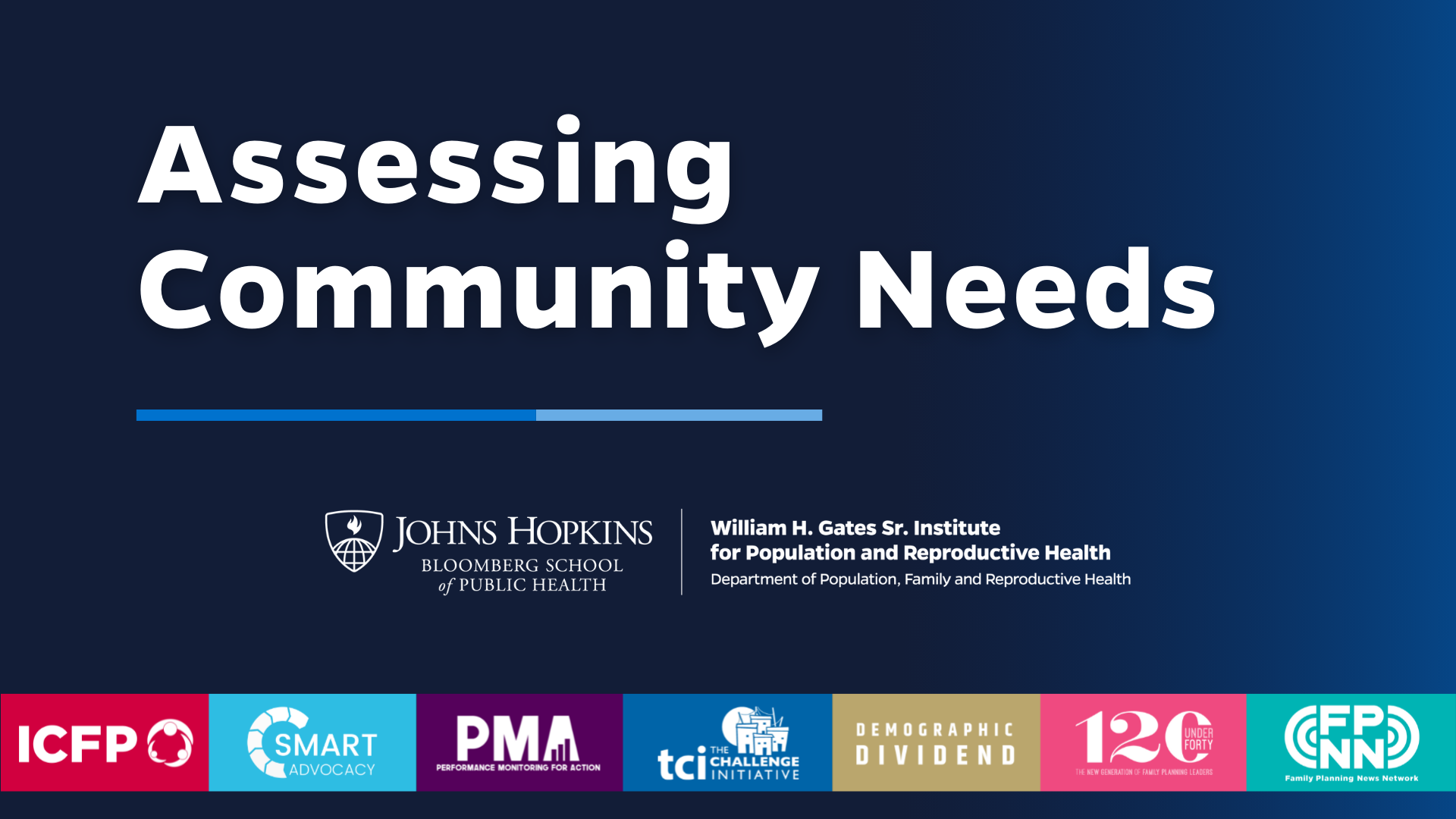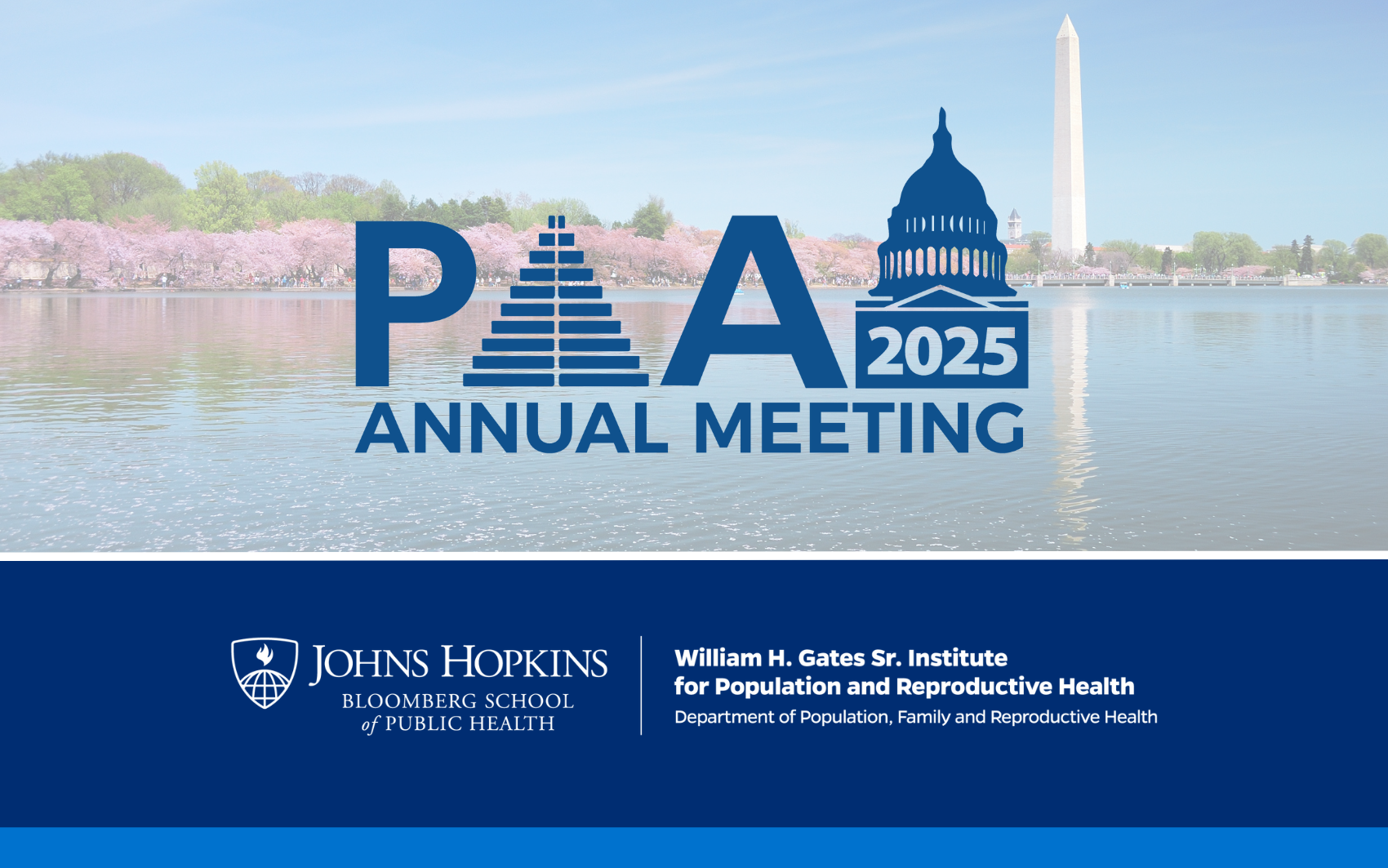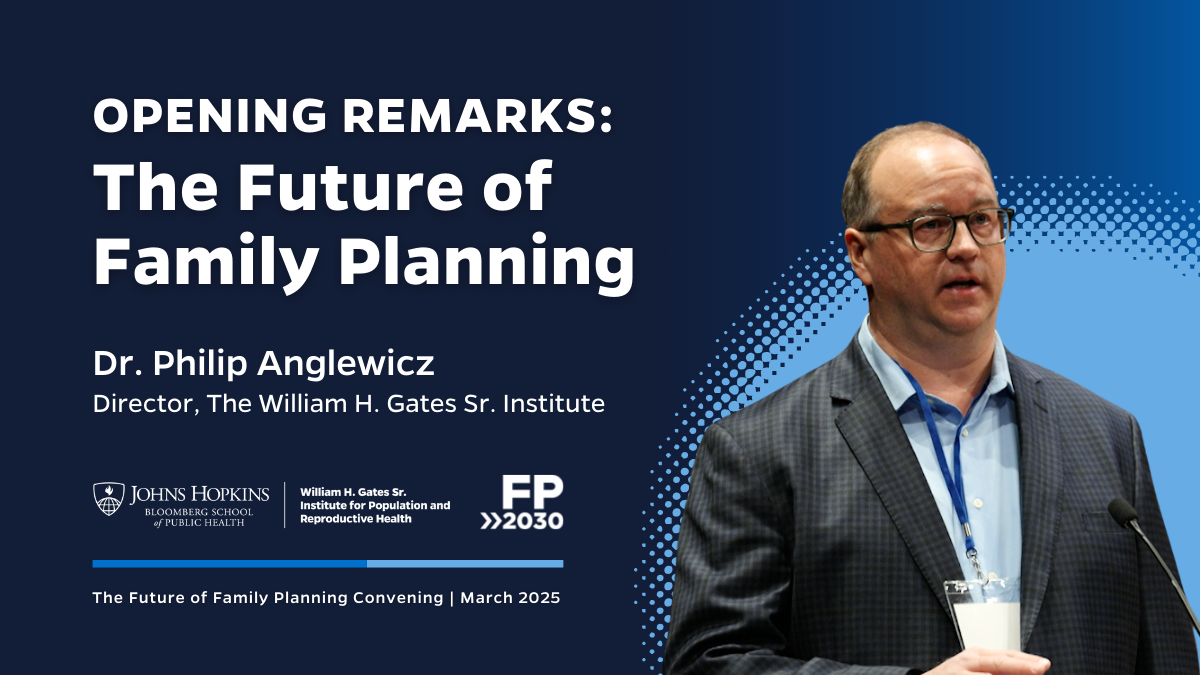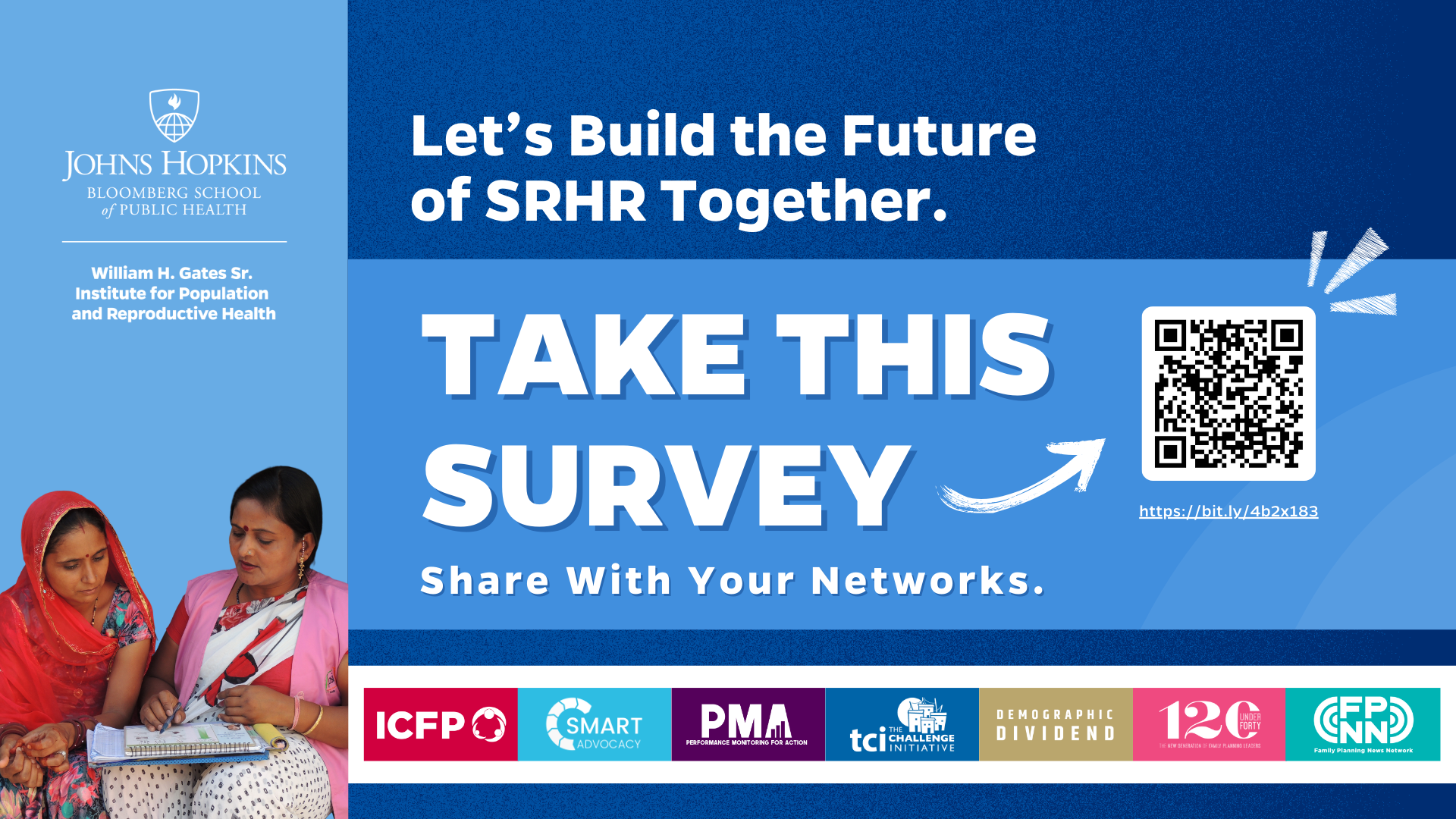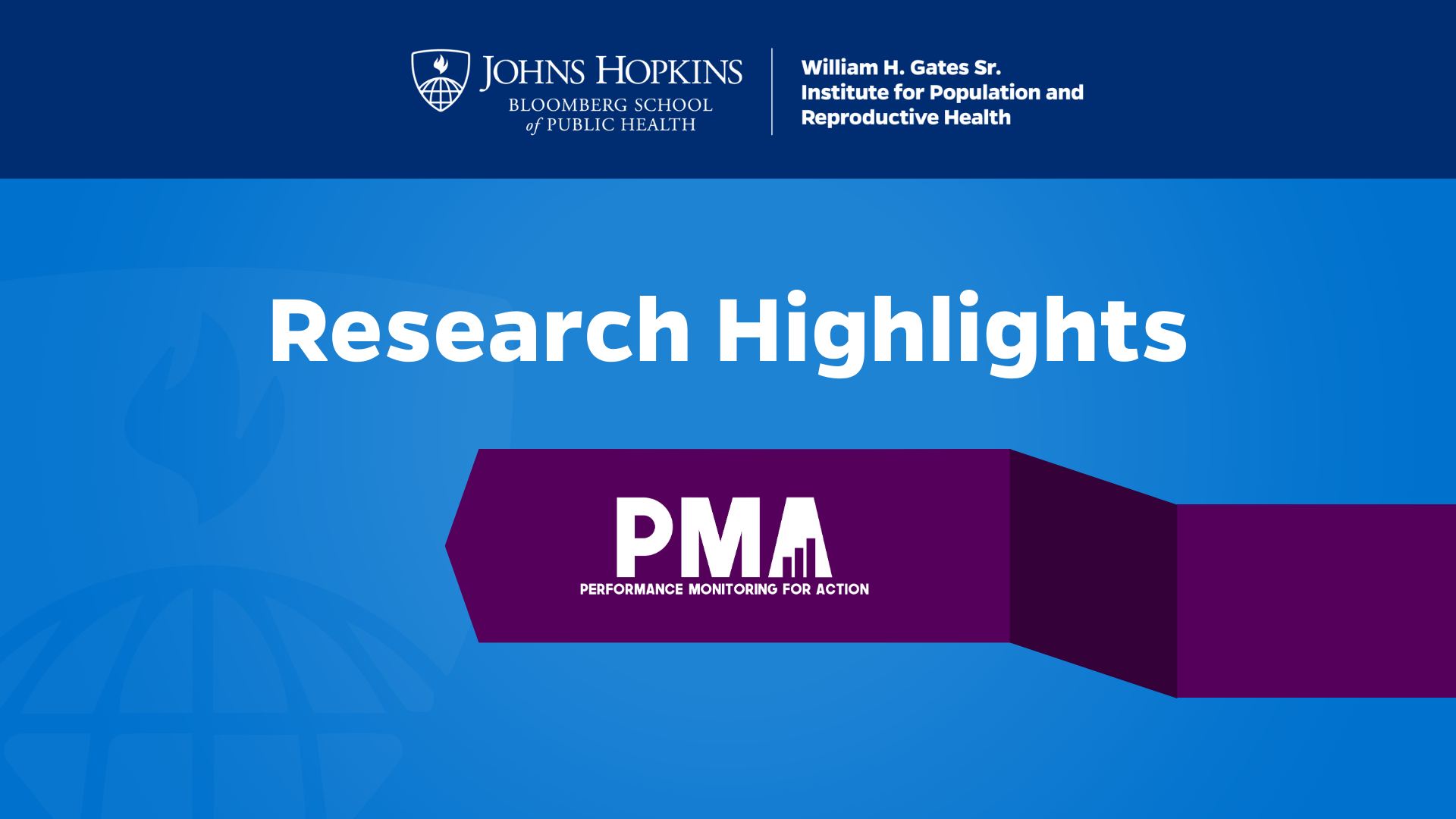Journal Article Details Five Lessons Learned from TCI’s Use of MSC as an Adaptive Management Tool
5 Lessons Learned from TCI’s Use of MSC
The article identifies several lessons learned and recommendations to integrate the MSC technique into routine monitoring for adaptive management purposes. Global health professionals who are embarking on similar initiatives may consider the following enabling factors:
Ensure leadership buy-in and a shared vision for using MSC for adaptive management: Project leadership must see the value of using MSC for monitoring and adaptive management, articulate this value and champion its use with staff
Make data collection part of everyone’s job and strengthen staff capacity to collect stories with support and feedback
Develop standard guidance to integrate MSC in routine monitoring and allow teams to adapt the process to best suit its organizational and geographical contexts
Ensure collection and learning from the community level to higher levels of the health system to ensure voices from all stakeholders are heard and inform program improvements
Triangulate data to support significant changes reported in stories and speak to a range of decision-makers
MSC stories provide context to the quantitative monitoring data and help teams to appreciate the impact of TCI’s proven practices.
What is MSC?
MSC has been widely recognized for various adaptive management purposes, for example, to track changes continuously; facilitate learning, responsive feedback, and decision making; and capture program contributions to intended and unintended outcomes. However, to date, the evidence of the effectiveness of the MSC method is still lacking in the monitoring and adaptive management field; therefore, the documentation of practical examples using the MSC technique for ongoing monitoring is limited. Hence, this research aims to fill the current gap in the field of MSC application by documenting and sharing the experience and lessons learned of TCI’s institutionalizing the technique for ongoing monitoring.
To plan for how to overcome potential challenges that may arise when implementing the MSC technique, see the full article for more details.
Recent News
In Their Own Words: The Impact of Coaching in Firozabad, a Newly Graduated City in India
TCI Philippines’ Hub Reflects on A Year of Efforts to Reduce Teen Pregnancies
TCI Support Helps Ouagadougou’s Poor Urban Settlements Benefit from Family Planning Services
Pakistan’s President Attends Formal Islamabad Launch of TCI’s Sixth Hub


